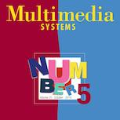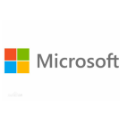In response to several cultural heritage initiatives at the Jagiellonian University, we have developed a new digitization workflow in collaboration with the Jagiellonian Library (JL). The solution is based on easy-to-access technological solutions -- Microsoft 365 cloud with MS Excel files as metadata acquisition interfaces, Office Script for validation, and MS Sharepoint for storage -- that allows metadata acquisition by domain experts (philologists, historians, philosophers, librarians, archivists, curators, etc.) regardless of their experience with information systems. The ultimate goal is to create a knowledge graph that describes the analyzed holdings, linked to general knowledge bases, as well as to other cultural heritage collections, so careful attention is paid to the high accuracy of metadata and proper links to external sources. The workflow has already been evaluated in two pilots in the DiHeLib project focused on digitizing the so-called "Berlin Collection" and in two workshops with international guests, which allowed for its refinement and confirmation of its correctness and usability for JL. As the proposed workflow does not interfere with existing systems or domain guidelines regarding digitization and basic metadata collection in a given institution (e.g., file type, image quality, use of Dublin Core/MARC-21), but extends them in order to enable rich metadata collection, not previously possible, we believe that it could be of interest to all GLAMs (galleries, libraries, archives, and museums).
翻译:暂无翻译





